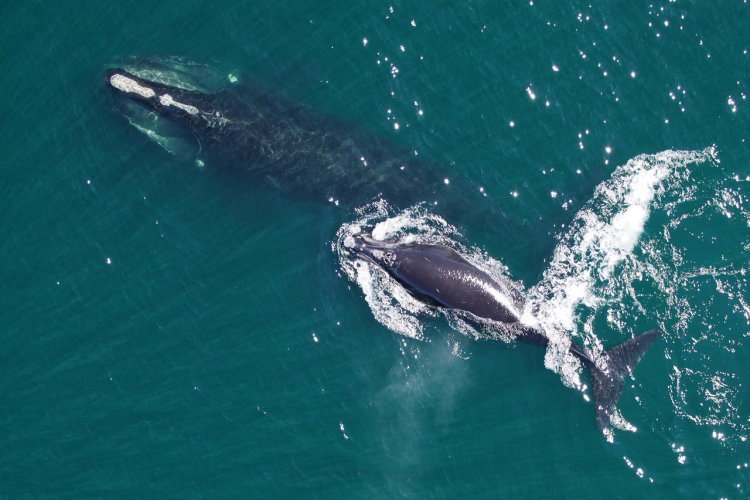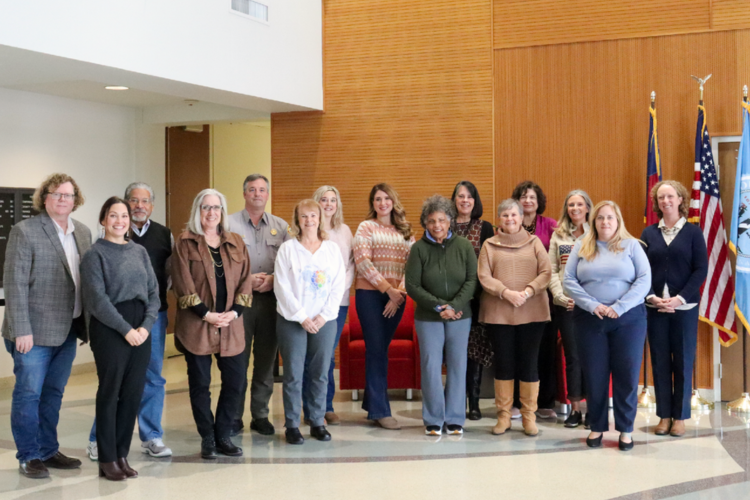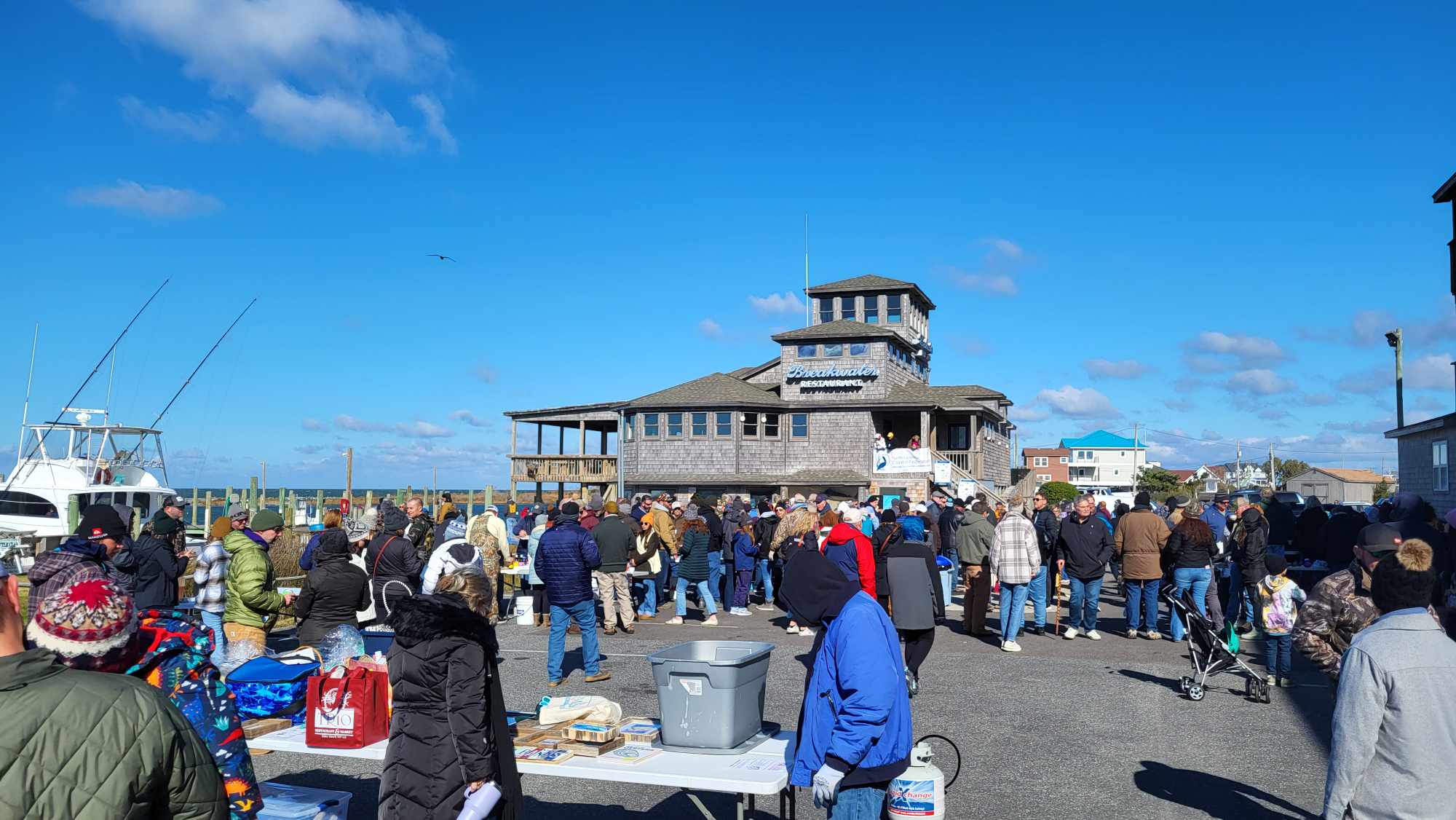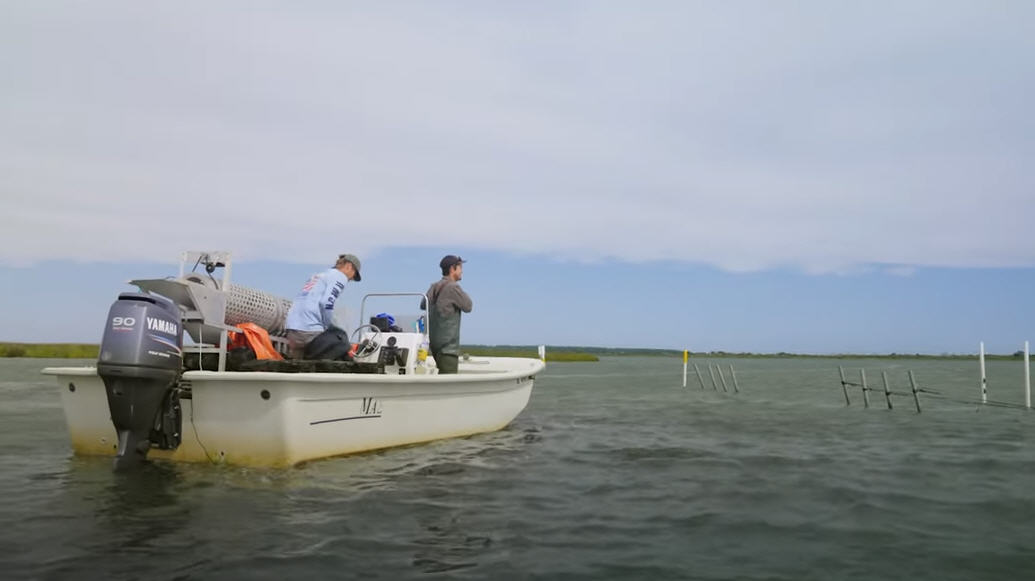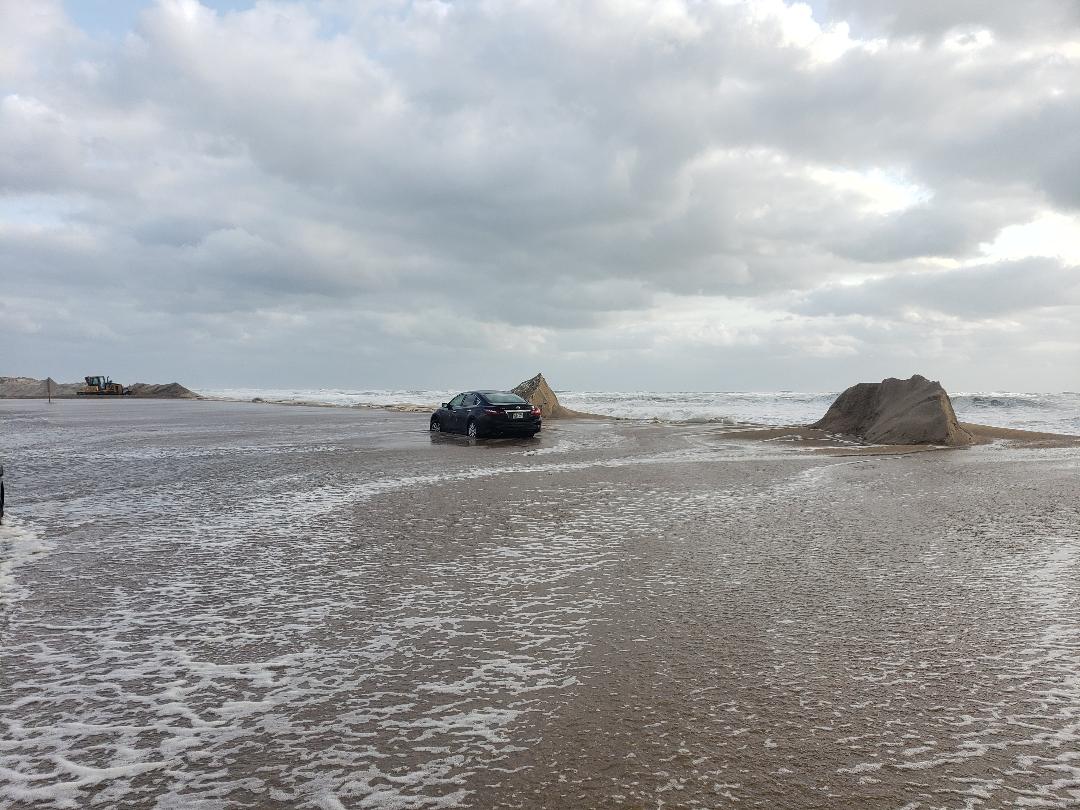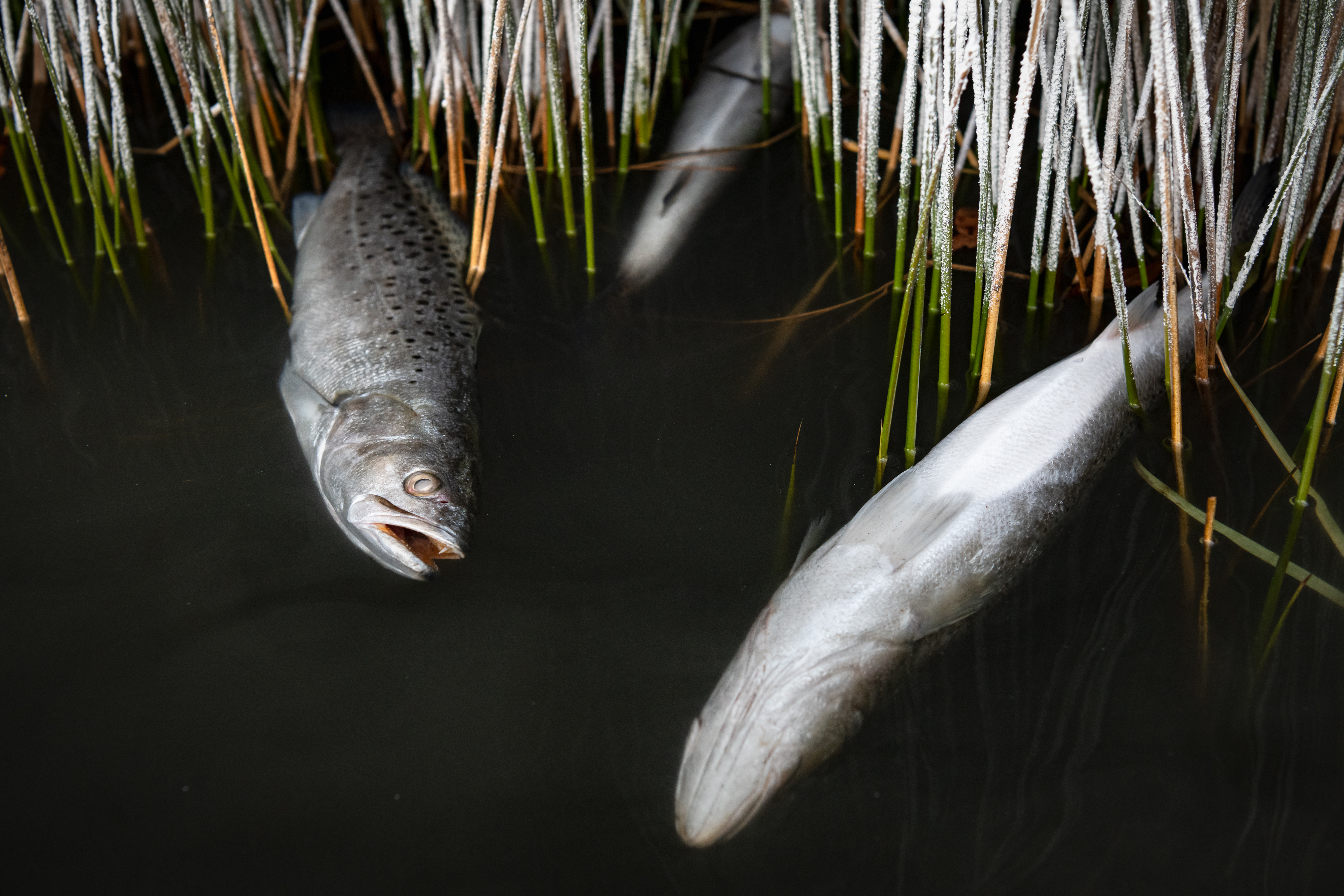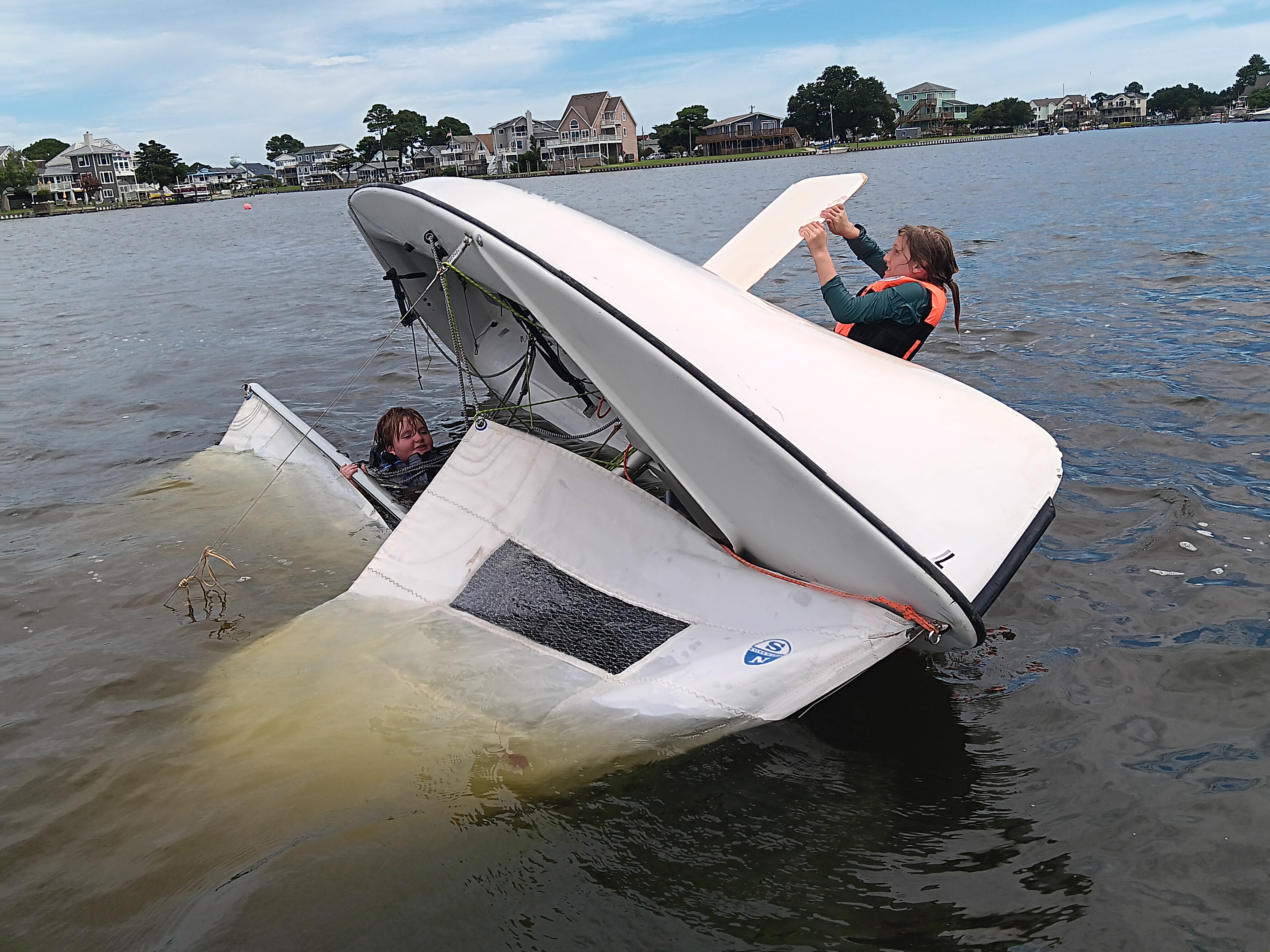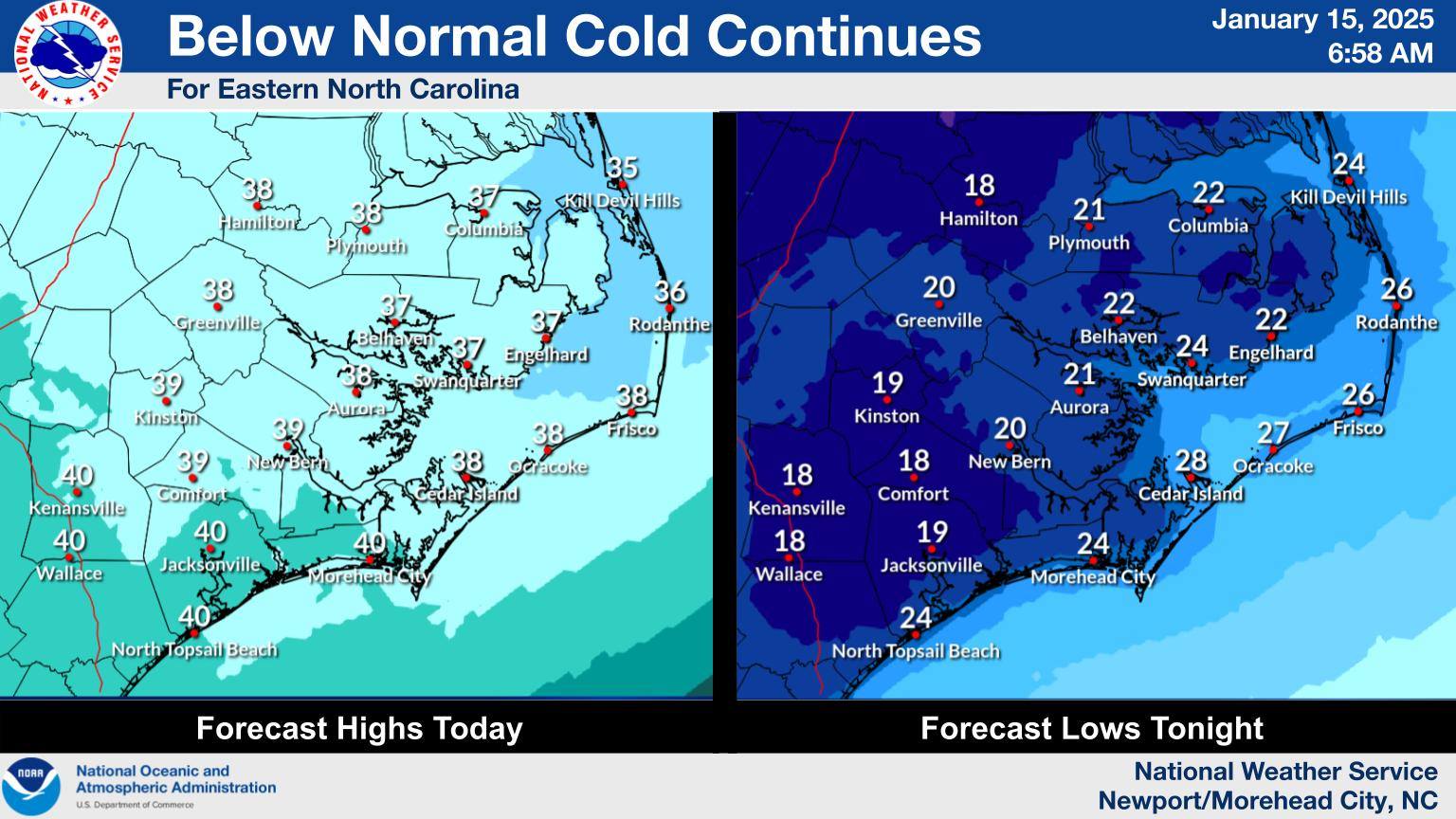I’ve been the daughter of a commercial fisherman, granddaughter of a fish dealer, wife to a fisherman, employee in the Marine Fisheries Commission office and commercial fisheries advocate.
The past decade of my life has been largely consumed by fish politics, and there are few people who have seen these issues through as many lenses as myself. I understand why folks on all sides are frustrated. The Fisheries Reform Act was intended to make fisheries management effective, predictable and fair. Instead, it got bogged down in bureaucracy and politics. That’s when stakeholders began looking for shortcuts.
Last year, we saw the result of such shortcuts when our southern flounder fishery was taken hostage by a misuse of the fishery management plan supplement process. Months later, we face an assault on the shrimp fishery via an end run around that plan by way of a petition for rulemaking.
The Marine Fisheries Commission, a nine-member board which sets the state’s fisheries policies, adopted an amendment to the Shrimp Fishery Management Plan early in 2015. That plan was developed with the input of scientists and stakeholders over two years of public debate and addresses many of the management issues contained in the petition. Simply put, the Wildlife Federation was not satisfied with the outcome and decided to pursue its agenda by abusing the process prescribed by law.
If we are to have a credible, science-based fisheries management strategy in our state this sidestepping around the process must end. It is easy to target commercial fishermen as “the problem.” They are highly visible and fish for larger volumes of fish. However, we need to remember the number of recreational fishermen far exceed that of commercial fishermen and continues to grow exponentially. Couple that increase in effort on the recreational side with degraded water quality, diminished habitat and climate change and you are seeing the bigger picture.
In fact, I believe climate change is at the heart of the matter. Fish traditionally found in North Carolina are moving to cooler or deeper waters. When I was still being toted around a fish house, my daddy fished for summer flounder off Cape Lookout in fall. Thirty years later, he finds them off New Jersey. Recreational fishermen may no longer be able to find the croaker and spot they desire, not because of commercial fishing pressure, but warming waters.
The New York Times published Erica Goode’s article, “Fish Seek Cooler Waters, Leaving Some Fishermen’s Nets Empty” very recently (Dec. 30, 2016) addressing this very problem. Fisheries management must adapt to the changing environment to give us a more accurate read on the situation.
Even with its problems, North Carolina is still a model for fisheries management. Special interest groups spend a lot of money and political capital persuading policymakers this is not the case. I know, as one who has spent a lot of time learning and navigating the process, the Fisheries Reform Act is a sound piece of legislation that will work, if allowed. It’s time for bureaucrats to streamline the process, managers to investigate the effects of climate change on these issues, and stakeholders to engage the process rather than subvert it.
At the end of the day, it’s all about the citizens of this state. That’s our shrimp in the sounds, and they are the best in the world. We enjoy access to a safe, healthy, sustainable seafood and there’s no reason we should not continue to do so.
Come tell the Marine Fisheries Commission to reject the Wildlife Federation’s petition for rulemaking at the public meeting in person 12:30 p.m., Jan. 17 at the New Bern Riverfront Convention Center in New Bern, N.C.


